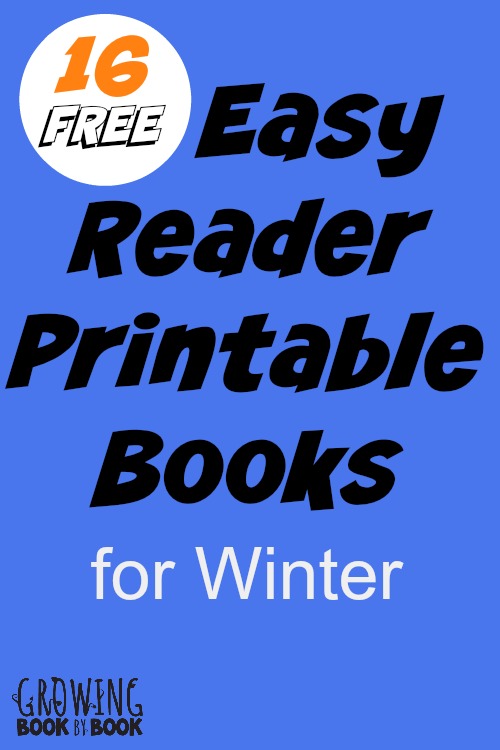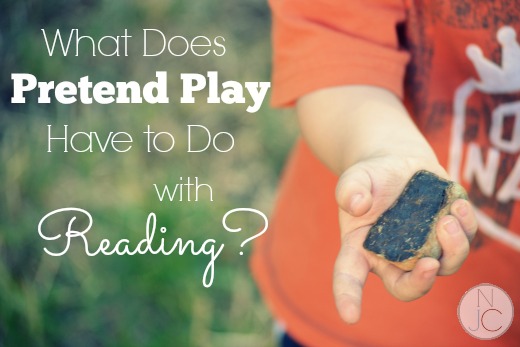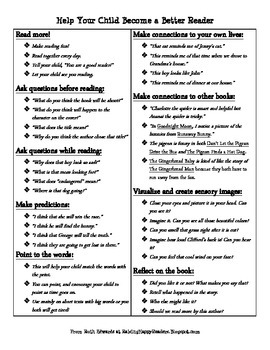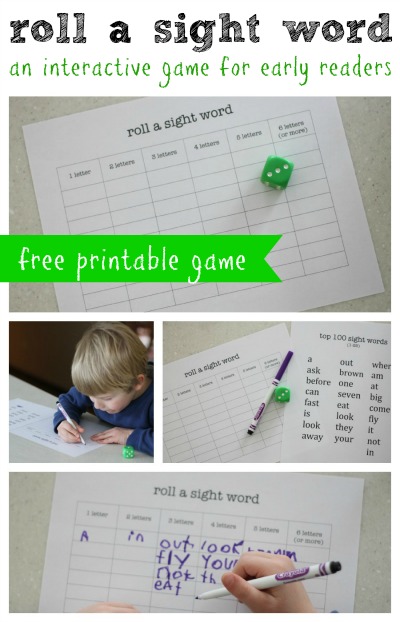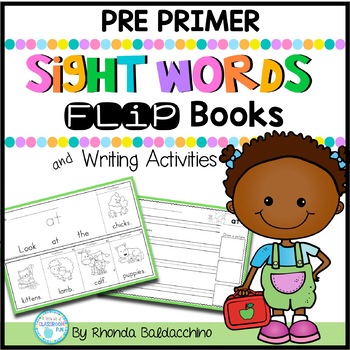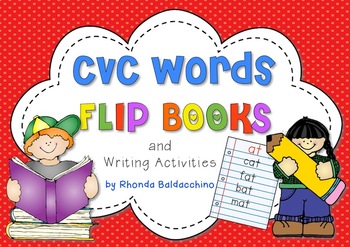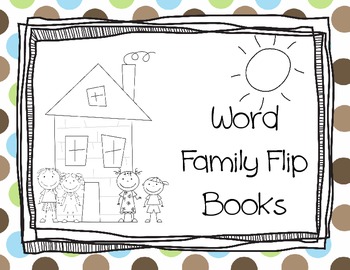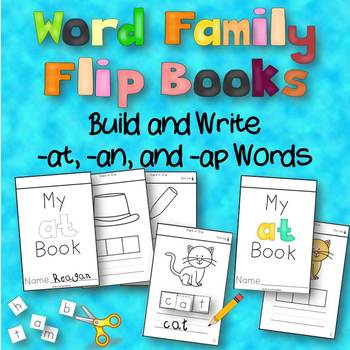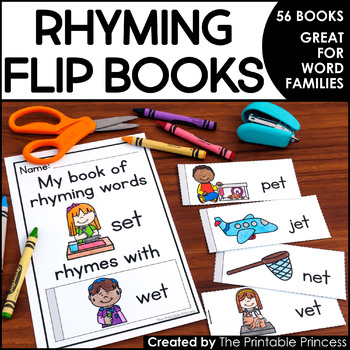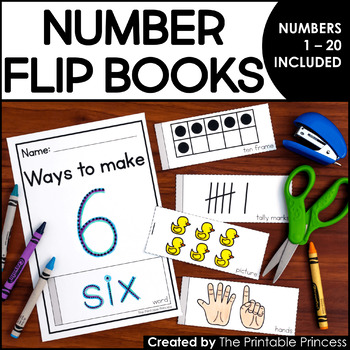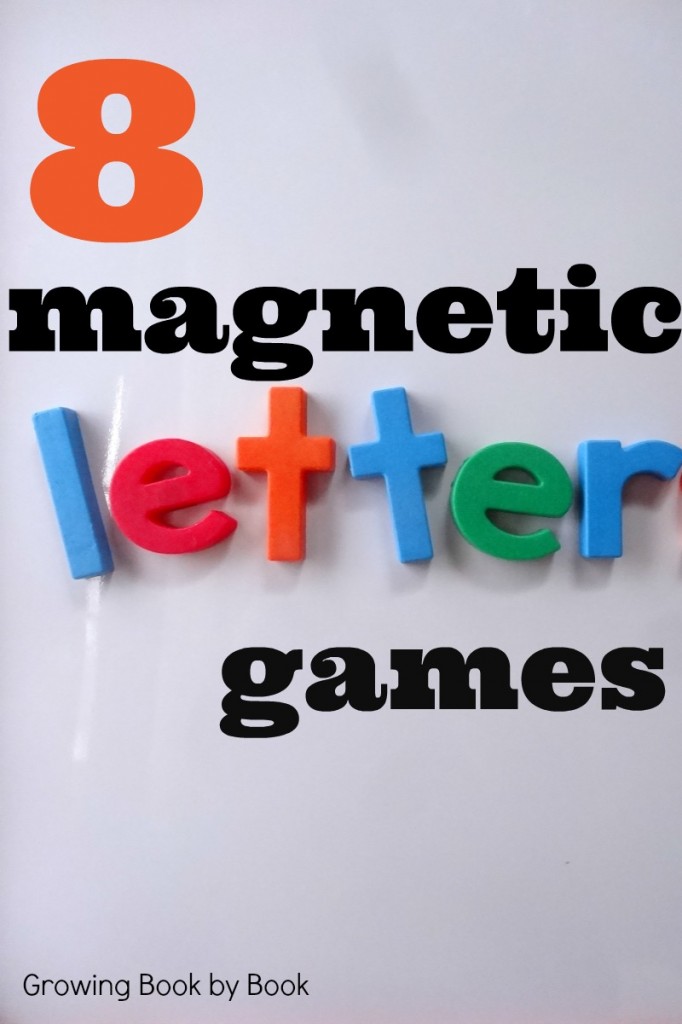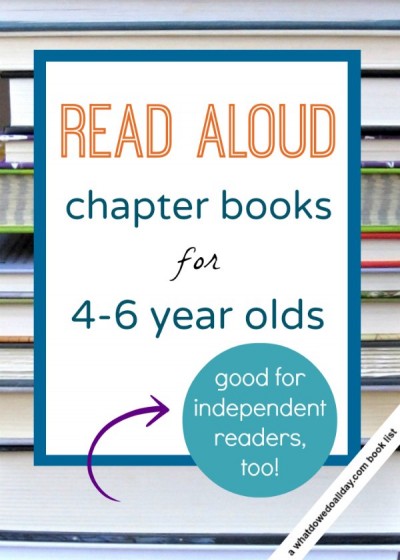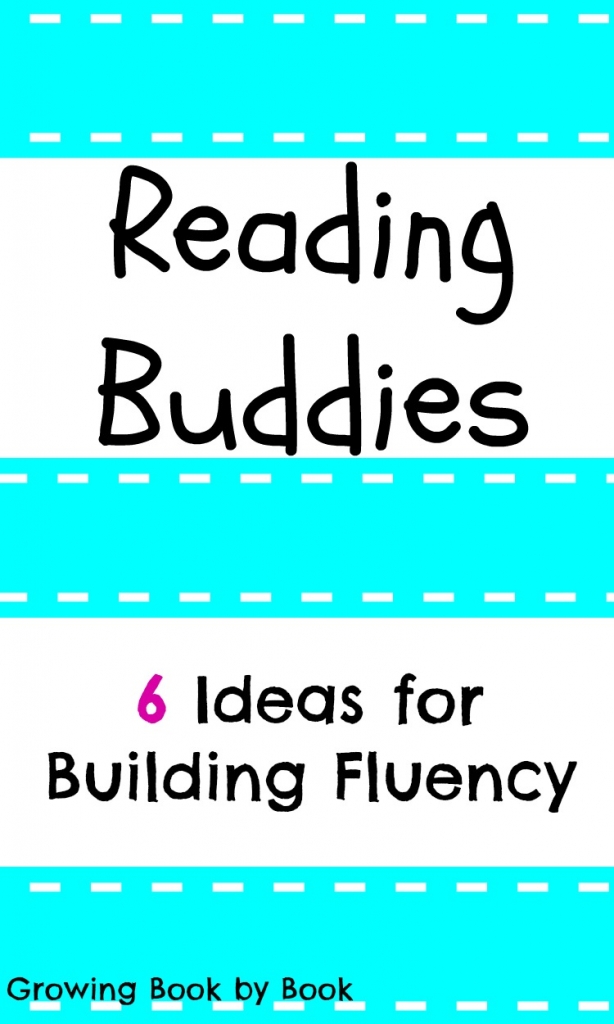Alternatives to Round Robin Reading
Friends, one of the most visceral memories I have from my childhood is quaking in my seat waiting to read out loud in my eighth grade English class. Remarkably, round robin reading - the process of having kids go around and read out loud one at a time - is used constantly in classrooms every day. It's happening in my son's classroom. I've used it as a teacher before, too. However, on a gut level I know that it is fairly worthless. The aha! moment I had when I read this excellent article by Todd Finley is that is equally bad for both good readers and poor readers and reluctant readers. So who are we doing it for? It is hard to say. As a really good reader, I hated reading out loud anyway because I wanted to do it perfectly and I was shy. I would be surprised if anyone in the class was actually paying attention to what was happening in the story during student read aloud time. Finley's article gives great alternatives to round robin. I hope you will read it and think about how you could apply the strategies to reading at home. Echo reading, where you read and then they read the same thing, is easy to do. Shared reading where you read together is really helpful, too. Above all, remember that you reading aloud to your child, with all of your great fluency and expression and pronunciation, has been shown to be just as beneficial as your child practicing reading on their own.
Great Find! Collection of Easy Reader Printable Books from Growing Book by Book
God bless Jodie from Growing Book by Book! She is always putting up quality information and her Facebook shares are great, too. But this time she must've really read my mind. My favorite thing is to find free printable books for beginning readers on all of the fantastic teaching blogs. Mostly because it is a) very hard to find books that are easy enough for beginning readers and b) way easier and cuter than me making them by myself. Plus, I have found that my early readers really respond well to thematic books connected to the seasons and holidays. She has saved you and me time and made a beautiful list all in one place. I love it! Be sure to check it out here if you have a young reader in your house. Thanks Jodie!
Great Article: Three easy ways to get your kids to read better and enjoy it
Love this article by Ryan Spencer that I saw go by on my Facebook feed recently. I love it because it's a concise way of telling parents how to help their kids right now. I also love that he used the term "instant word factory." Do you ever find yourself doing that? Spitting out each word that your child has trouble with? I've definitely had my moments. Sometimes it becomes necessary, when I notice that a child is in a book that's way harder than either of us anticipated. Most of the time, though, I notice the power in staying quiet and seeing what happens. Sometimes it's harder, but it really is the best thing.
Play is Learning!
Love this post over at Not Just Cute! It will help you understand why play is so important for our little developing people. Give yourself lots of credit if you are allowing your toddlers and preschoolers to play and use language with their imagination.
Early Chapter Book Favorites from Imagination Soup
Melissa Taylor is always working so hard over there at her blog Imagination Soup. Here are some great new books for reading aloud to your beginning readers or for independent reading for readers who are a little bit more advanced.
Post Discovery: Great Struggling Reader Tips
A fabulously written post about helping your reader! Find it here on IThinkWeCouldBeFriends.com. I love the author's suggestions, especially having kids read to younger relatives or friends. It's great to have a baby around and have them read board books with simple words and pictures. They get the words solid in their learning memory while having a fun interaction with someone little. Great confidence builder! I know some libraries have programs where you can go read to dogs now, too!
Parent Tip Sheet for Reading at Home
I've been using this parent tip sheet for my parent workshops and in my classroom. I love it because it is a very accessible way to understand how you can help your child interact and comprehend what they read. We had the discussion recently about how some parents want to read the entire book with no interuptions because that's how they think it "should"be done. It is in fact the opposite of what should be done. Educators researched what good readers do and they found that good readers are constanly interacting with their reading. If you pay attention to yourself while you're reading, you'll find that this is true. You ask yourself what a word means, you catch yourself if you're mind is wandering, you reread a part that was confusing. It's an interactive process. Hope you enjoy this handout! It's available for free download here at Teachers Pay Teachers. You have to sign in to get an account, but it's super easy. I encourage you to search for other fun free downloads at that site, too!! There are amazing treasures to be found!
Finding Books for Beginning Readers
Though parents are sometimes worried kids have just "memorized" the book, it is not something to be concerned about. They need to see themselves as readers and see and say those words over and over again before they are cemented in their minds.
Anna over at The Measured Mom has solved the problem of finding easy books by creating a ton of fabulous FREE printable books for beginning readers.You can find those here.
Happy Reading!
Celebrities Reading Books and other ways to give yourself a break...
Tired of reading out loud? So done with the same two favorite books? Let this website take over for a while...
Celebrities Reading...
 I had no idea that the Screen Actors Guild has literacy programs. That makes me so happy! You can go to their site, StorylineOnline.net, and have your children listen to wonderful story books read by qualified orators ranging from Al Gore to Sean Astin to Rita Moreno. As they say on their site, "Reading to children has been repeatedly shown to improve their reading, writing and communication skills, logical thinking, concentration and general academic aptitude… as well as inspire a love of reading. The Screen Actors Guild Foundation records well-known actors reading children’s books and makes graphically dynamic videos so that children around the world can be read to with just the click of a Storyline Online video book image.Many teachers play SAG Foundation’s Storyline Online videos for their students. Doctors and nurses play Storyline Online videos for children in hospitals. And parents and children around the world watch Storyline Online videos millions of times every month."
I had no idea that the Screen Actors Guild has literacy programs. That makes me so happy! You can go to their site, StorylineOnline.net, and have your children listen to wonderful story books read by qualified orators ranging from Al Gore to Sean Astin to Rita Moreno. As they say on their site, "Reading to children has been repeatedly shown to improve their reading, writing and communication skills, logical thinking, concentration and general academic aptitude… as well as inspire a love of reading. The Screen Actors Guild Foundation records well-known actors reading children’s books and makes graphically dynamic videos so that children around the world can be read to with just the click of a Storyline Online video book image.Many teachers play SAG Foundation’s Storyline Online videos for their students. Doctors and nurses play Storyline Online videos for children in hospitals. And parents and children around the world watch Storyline Online videos millions of times every month."
Celebrities Reading...

Have Fun Practicing Sight Words
As my first grader is getting into the school year, we are receiving reminders from his teacher to keep practicing those sight words. I just found this super easy game from one of my favorite blogs, I Can Teach My Child. It definitely fits my requirements for very little set up involved and easy to understand. A great bonus is that if you have children at different levels, they can all work on their own word lists. Love it! I hope you enjoy it, too!
Fantastic Travel Games Full of Language
Hi Everyone!
Hope that you have been busy enjoying your summer and taking some vacations like we have. I just found a great list of language-rich travel games from Trevor Cairney's blog. Check them out if you have a minute!
Hope that you have been busy enjoying your summer and taking some vacations like we have. I just found a great list of language-rich travel games from Trevor Cairney's blog. Check them out if you have a minute!
So Many Reading Lists for Summer!
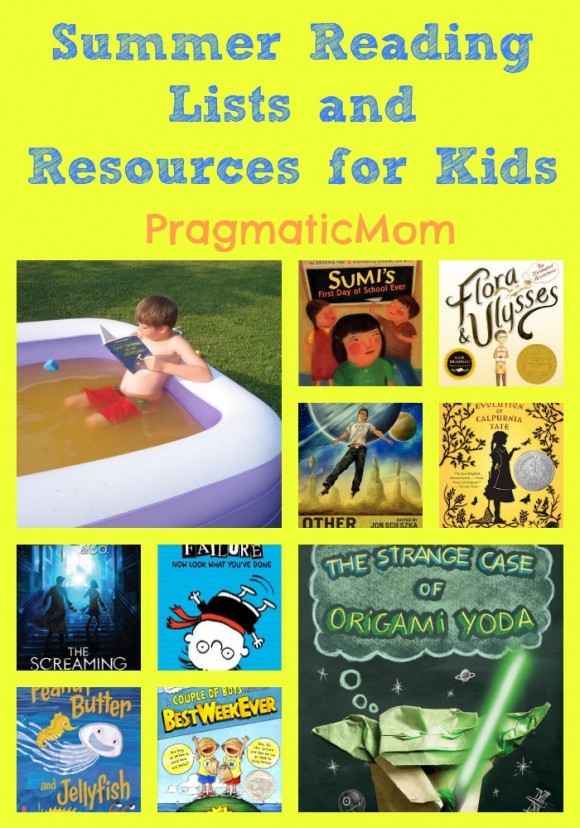
Pragmatic Mom wrote a fantastic post with just about every possible reading list for the summer that you can think of! At the end there's even links to some online summer reading programs. Check it out here.
Great Writing Series is Starting!
Please go check out this amazing series for preschoolers and kindergarteners! We get so little support for our youngest writers, so this is a valuable resource from The Measured Mom and This Reading Mama. Click on the image or here to read the first post.
Flip Book Fun
I find that we frequently find ourselves challenged to find beginning readers enough easy books to practice with. Unfortunately, many of the options can be dull and uninspiring. That's why I was excited for my son to come home with a "flip book" recently that he was super excited about. These are super easy to read and he begged me to find more for him to make. Remember "easy" readers help our kids become fluent readers. The more they see the same words, the faster their brain will recognize them. A quick exploration on Teachers Pay Teachers found me quite a few. I encourage you to look for yourself. I picked some that cost money, but there are several options for free, too! Just click on the pictures to visit the ones I picked. The first two also include worksheets that go along with the flip books.
Great ABC Games with Magnetic Letters
Please check out the very inventive alphabet games that Growing Book by Book shared in her post today. This is such a great example of those quick 5 minute activities you can do with your children without much prep. So fun!
Chapter Book List for Read Alouds with 4-6 year olds
Since I have a 4-6 year old, this post by What Do We Do All Day? automatically caught my eye! I'm cautious to read many chapter books at this age with my son mainly because we have so little time to enjoy great picture books before everything he'll want will be in a chapter book. However, the books on this list sound like they might be worth it! Happy reading!
Free Printable Early Literacy Calendar!

Wow! Just found this excellent and FREE printable Early Literacy Calendar for 2014. Each month has great reminders on a variety of literacy topics for you plus book suggestions. Love it!
What can you do before or instead of sounding it out?!?
Another great post from Anna over at The Measured Mom that you simply must check out if you've got a little person beginning to read or going in that direction. So often, as parents, all we remember as children was being told to "sound it out," so we tend to rely on that as our sole teaching strategy when helping our kids read. Anna does a great job in this post helping you understand all of the knowledge that has to come before they're ready to sound something out. Also, it's really important to use many reading strategies when a child gets stuck on a word. I need to do a longer post on this but, here's an example of a picture from Literacy Links that you can print out and use to encourage your child to try different things if they're stuck on a word. There are also lots of sheets like this available on Teachers Pay Teachers like this one for free or for a small cost.


Guest Post over at The Measured Mom...Help your child develop a great vocabulary
I am thrilled that Anna over at The Measured Mom (one of my very favorite blogs) asked me to do a guest post on her blog as she enjoys her new baby girl. Please take a moment to check it out here.
Talking to Kindergarteners About Their Writing
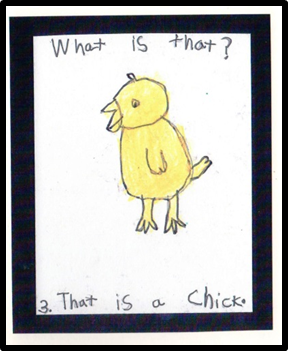
Great blog post on Joyful Pathways about how to talk to children about their writing and ways to show them how they've grown. Check it out here. Plus remember my favorite line when they come to show you their picture - "Tell me about your picture!" It goes over way better than, "What is that?!?"
Finding the Right Preschool
I've been delving into the subject of preschool lately to help parents of young children navigate the definitely overwhelming and sometimes anxiety-producing preschool decision. I am a huge proponent of preschool and play. If you'd like to read more about the importance of play, you can check out my post on play here. With the way kindergartens are being turned into the new academic first grade, preschool is truly the last chance for kids to just enjoy themselves and play. A ton of learning takes place during that enjoyment and play, too!!
I will also tell you without any hesitation that if you are a stay-at-home mom, there is no shame in wanting a few hours off!! If you don't think you need a few hours off, then you are probably in the most dire need of time away from your children. The first year I sent my son to preschool I knew he would've been more than fine at home with me, but I knew we BOTH would benefit from him going to a quality preschool. He would benefit from exploring things that I didn't have at home, learning social skills, and focusing on subjects that are not necessarily my favorites (science and math, anyone?). I would benefit from having a little breathing room to be still and be at home by myself. That alone time definitely saved my sanity and I didn't even have to feel guilty because I knew he was having a great time learning while he was away.
I have found some great resources on the web that I'd love to share with you. If you have any others I should know about, please comment!
The blog Teach Preschool is an excellent resource for all kinds of things during your preschool search. I love this post she did about how to select a preschool: Choosing the right preschool for your child.
I've actually been surprised by the lack of books out there, but this one seems to be the most popular and thorough on the subject...
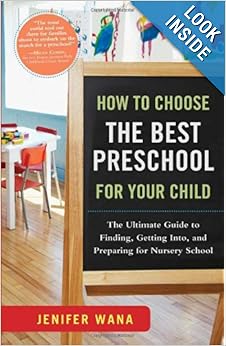
I just found out about an ebook and some other posts over at Teach Mama. She has written a book called The Preschool Journey Ebook that sounds wonderful. My Thoughts on Preschool is a good place to start on her site.
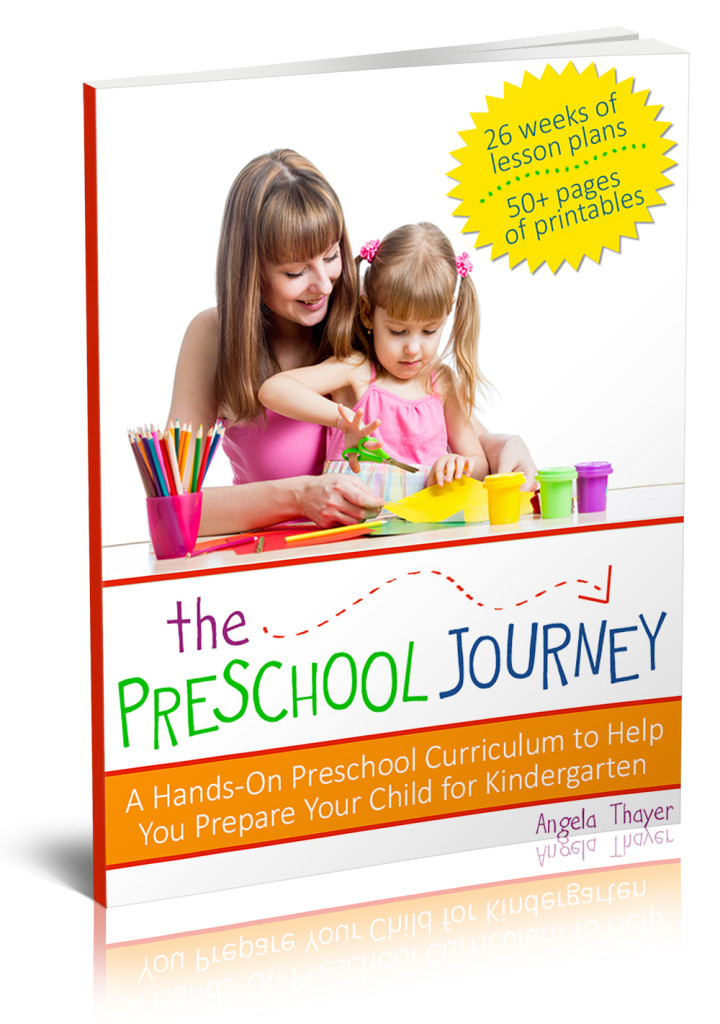
Learning about your child's needs:
A big "ah-ha" moment that I had during my search for my son's preschool was that I needed to look for the best school for HIM instead of what I would've loved as a child. The first preschool I toured appealed to me so much because it was sweet and little and quiet. All of the things I was as a child, but not necessarily what my very active young boy would benefit from. To help you with this task, I found some interesting notes on determining your child's personality. Not that you'll know right away or have to pick one, but it's better to go into the preschool search knowing your child as well as possible.
Learning about the different kinds of preschools:
Of course, you are going to have your own opinions about religious schools and proximity to your home or work. Beyond that, Babble has a great Preschool Guide that not only helps you learn the difference between Montessori, Waldorf, child-centered, and teacher-centered among others, but it has quotes from real parents about each kind. Love it! There's also a great post on co-op preschools called The ABCs of Cooperative Preschools. SavvySource.com and Naeyc.org are good sources for finding preschools in your area.
Learning about your homeschooling options:
If you've been considering homeschooling for preschool, there has never been a better time to do it. There is such a huge wealth of resources available through teacher, parent, and homeschooling blogs. Two favorites I would send you to immediately would be The Measured Mom and This Reading Mama, but there are just tons out there if you start searching. Here are some great posts to get you started:
10 Books to Start Homeschooling Your Preschooler
Why You Should Attend a Homeschooling Convention if You Have a Preschooler
Why You Should Attend a Homeschooling Convention if You Have a Preschooler
Learning what to look for in a quality program:
I would not recommend bringing all of these checklists with a clipboard on your tour. Perhaps just one will speak to you and help you look at what you need. My tip is always to look at the art you see on the walls. Does it all look exactly the same? Ideally you want child-created art where they can pretty much do whatever they want. I loved that my son's school had an art area in their big play yard so kids could do art on their own at any time.
Advice from those who have gone before you:
The Things My Friends Didn't Tell Me About PreschoolGetting ready for the big day:
Preschool Prep: How to Prepare Your Toddler for Preschool
Expert Advice for Preparing Your Child for Preschool
This list from a Montessori school is perhaps a little "ideal" and high reaching in it's hopes - I think some of the things they say your child should have to be ready for preschooler are actually things they need to continue working on in preschool. Preschool and Kindergarten Readiness Checklist.
I know it's such a stressful process because you want to make the perfect choice for your child. The good news is that the reseach shows that prepared children will do well in preschool no matter what kind of preschool you choose. Hopefully that will help you relax a little bit. Good luck and good wishes!!
Reading Buddies Are The Best!
Please hop on over to another of my favorite blogs, Growing Book By Book, to read excellent ideas for helping kids practice reading with a buddy. As you know, practicing reading over and over again with your child can get monotonous or turn into a struggle. Finding a buddy to read to provides them with a fun and real way to share their new ability to read. I personally love having beginning readers read to babies because they can read the simpler board books without feeling like the book is lame or too easy for them. Enjoy!
Great Alphabet Resources!
You just can't miss some of the great resources from one of my favorite sites, The Measured Mom. This is your go-to source for anything you need letter by letter.
The Case for Play
As a mother of a former preschooler, I have great compassion for those of you going through the process of selecting a preschool. Hopefully I can provide some helpful resources for you. The first thing I'd like to share is a compilation of writing about the importance of play, especially in preschool situations.
The Case for Play and Problem Solving
in Early Childhood Classrooms – Some snippets from the web
“On the other hand, a child is more likely to have better mental
health, stronger relationships, and more success in school and work if he has many chances to strengthen his social
competence by playing, talking, working out disagreements, and collaborating
with peers and adults.
Much research suggests that pretend play can contribute to young
children’s social and intellectual development. When children pretend to be
someone or something else, they practice taking points of view other than their
own. When they pretend together, children often take turns and make “deals” and
decisions cooperatively. Such findings suggest that children in early childhood
programs ought to have regular opportunities for social play and pretend play.
Teachers can observe and monitor the children’s interactions.”
http://www.casel.org/
“One of the risk factors for not having a successful transition
to kindergarten is the characteristics of
kindergarten and first grade classes (e.g., large class sizes, fewer
parent-teacher meetings can make the transition more difficult). Emotional and
social competency can be defined and measured. For example, a description of a
socially and emotionally healthy child, ready
for kindergarten, could be a child who is confident, friendly,
has good peer relationships, tackles and
persists at challenging tasks, has good language development, can communicate
well, listens to instructions, and is attentive.”
“It turns out that all that time spent playing make-believe
actually helped children develop a critical cognitive skill called executive function. Executive function
has a number of different elements, but a central one is the ability to
self-regulate. Kids with good self-regulation are able to control their
emotions and behavior, resist impulses, and exert self-control and discipline.
Poor executive function is associated with high dropout rates,
drug use and crime. In fact, good executive
function is a better predictor of success in school than a child's IQ. Children who are able to manage their
feelings and pay attention are better able to learn. As executive function
researcher Laura Berk explains, "Self-regulation predicts effective
development in virtually every domain."
According to Berk,
one reason make-believe is such a powerful tool for building self-discipline is
because during make-believe, children engage in what's called private speech:
They talk to themselves about what they are going to do and how they are going
to do it.
"In fact, if
we compare preschoolers' activities and the amount of private speech that
occurs across them, we find that this self-regulating language is highest
during make-believe play," Berk says. "And this type of self-regulating
language... has been shown in many studies to be predictive of executive
functions."
And it's not just
children who use private speech to control themselves. If we look at adult use
of private speech, Berk says, "we're often using it to surmount obstacles,
to master cognitive and social skills, and to manage our emotions."
Unfortunately, the more structured the play, the more
children's private speech declines. Essentially, because children's play is
so focused on lessons and leagues, and because kids' toys increasingly inhibit
imaginative play, kids aren't getting a chance to practice policing themselves.
When they have that opportunity, says Berk, the results are clear:
Self-regulation improves.
"One index
that researchers, including myself, have used... is the extent to which a
child, for example, cleans up independently after a free-choice period in
preschool," Berk says. "We find that children who are most effective
at complex make-believe play take on that responsibility with... greater
willingness, and even will assist others in doing so without teacher
prompting."
Despite the
evidence of the benefits of imaginative play, however, even in the context of
preschool young children's play is in decline. According to Yale psychological
researcher Dorothy Singer, teachers and school administrators just don't see
the value.
"Because of
the testing, and the emphasis now that you have to really pass these tests,
teachers are starting earlier and earlier to drill the kids in their basic
fundamentals. Play is viewed as unnecessary, a waste of time," Singer
says. "I have so many articles that
have documented the shortening of free play for children, where the teachers in
these schools are using the time for cognitive skills."
It seems that in
the rush to give children every advantage — to protect them, to stimulate them,
to enrich them — our culture has unwittingly compromised one of the activities
that helped children most. All that wasted time was not such a waste after all.
THE BENEFITS OF
PLAY
Play allows
children to use their creativity while developing their imagination, dexterity,
and physical, cognitive, and emotional strength. Play is important to healthy
brain development.
It is through play
that children at a very early age engage and interact in the world around them.
Play allows children to create and explore a world they can master, conquering
their fears while practicing adult roles, sometimes in conjunction with other
children or adult caregivers.
As they master
their world, play helps children develop new competencies that lead to enhanced
confidence and the resiliency they will need to face future challenges.
Undirected play
allows children to learn how to work in groups, to share, to negotiate, to
resolve conflicts, and to learn self-advocacy skills.
When play is
allowed to be child driven, children practice decision-making skills, move at
their own pace, discover their own areas of interest, and ultimately engage
fully in the passions they wish to pursue.
Ideally, much of
play involves adults, but when play is controlled by adults, children acquiesce
to adult rules and concerns and lose some of the benefits play offers them,
particularly in developing creativity, leadership, and group skills.
In contrast to passive
entertainment, play builds active, healthy bodies. In fact, it has been
suggested that encouraging unstructured play may be an exceptional way to
increase physical activity levels in children, which is one important strategy
in the resolution of the obesity epidemic.
Perhaps above all,
play is a simple joy that is a cherished part of childhood.
Children’s
developmental trajectory is critically mediated by appropriate, affective
relationships with loving and consistent caregivers as they relate to children through
play. When parents observe their children in play or join with them in
child-driven play, they are given a unique opportunity to see the world from
their child’s vantage point as the child navigates a world perfectly created
just to fit his or her needs. (The word “parent” is used in this report to
represent the wide range of adult caregivers who raise children.) The
interactions that occur through play tell children that parents are fully
paying attention to them and help to build enduring relationships.
Parents who have
the opportunity to glimpse into their children’s world learn to communicate
more effectively with their children and are given another setting to offer
gentle, nurturing guidance. Less verbal children may be able to express their views,
experiences, and even frustrations through play, allowing their parents an
opportunity to gain a fuller understanding of their perspective. Quite simply,
play offers parents a wonderful opportunity to engage fully with their
children.
Play is integral to
the academic environment. It ensures that the school setting attends to the
social and emotional development of children as well as their cognitive
development. It has been shown to help children adjust to the school setting
and even to enhance children’s learning readiness, learning behaviors, and problem-solving skills.
Social-emotional
learning is best integrated with academic learning; it is concerning if some of the forces that enhance children’s ability
to learn are elevated at the expense of others. Play and unscheduled time
that allow for peer interactions are important components of social-emotional
learning.
The Importance of Preschool
The above picture is of my son and his friends running around on their very first day of preschool ever. As I'm sure many of you know, preschool is such an important time in a young child's life. It is also a very perplexing time for a parent because you have to decide when to put your child into preschool, how many hours to leave them there, then find a good preschool that you like, and then try like mad to get your child in if it's a popular program. For some parents, you also have to struggle with the decision of whether to send them to an outside preschool or do a preschool curriculum at home with yourself as the teacher. I can so appreciate and relate to all of those concerns from when I had to do my preschool search for my son. I have lots and lots to share with you on this subject and hope to comprise a blog post soon. In the meantime, if you're at the time of life when you're feeling the preschool pressure, please sign up for my talk at the Kidspace Museum in Pasadena this coming Tuesday, February 11th from 6-8pm. We'll cover all of the above topics plus more, I'm sure! Sometimes it's just nice to get to talk out your anxieties and concerns. Click here to register or find out more information. Hope to see you there!
Give Book Bucks for Valentine's Day!
Hello dear readers! Thanks so much for stopping by! It's been a slow start to 2014 blogging for me, but I'm hoping to pick things up soon. In the meantime, Melissa Taylor over at the amazing blog Imagination Soup has created an excellent idea for a Valentine's Day present! Printable "book bucks!" Just hop on over to her blog by clicking the picture above to save and print out your very own. Then you have an excuse to go to the book store with your child and let them pick their own book. As educational psychology and our own parenting instincts tell us, when kids have a choice they have more investment and excitement in their books. I also recommend cruising book stores after the holiday because they frequently mark holiday titles at 50% off. Then you can add to your collection of Valentine's books that you pull out every February like me! I know it came from my days as a teacher, but having a different tub of thematic books for each month/holiday/season keeps things exciting and alive for my son and myself! Happy reading!
Subscribe to:
Posts (Atom)

